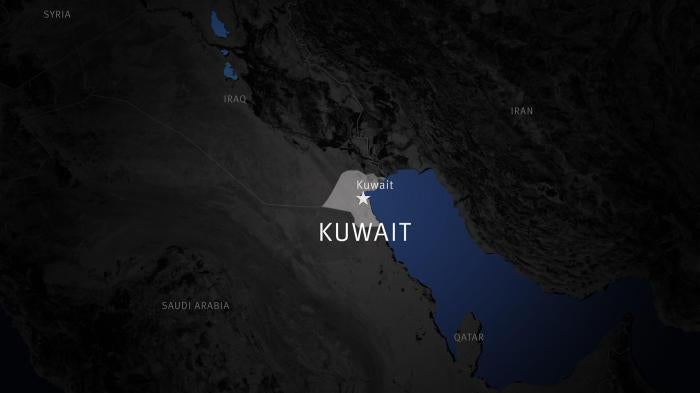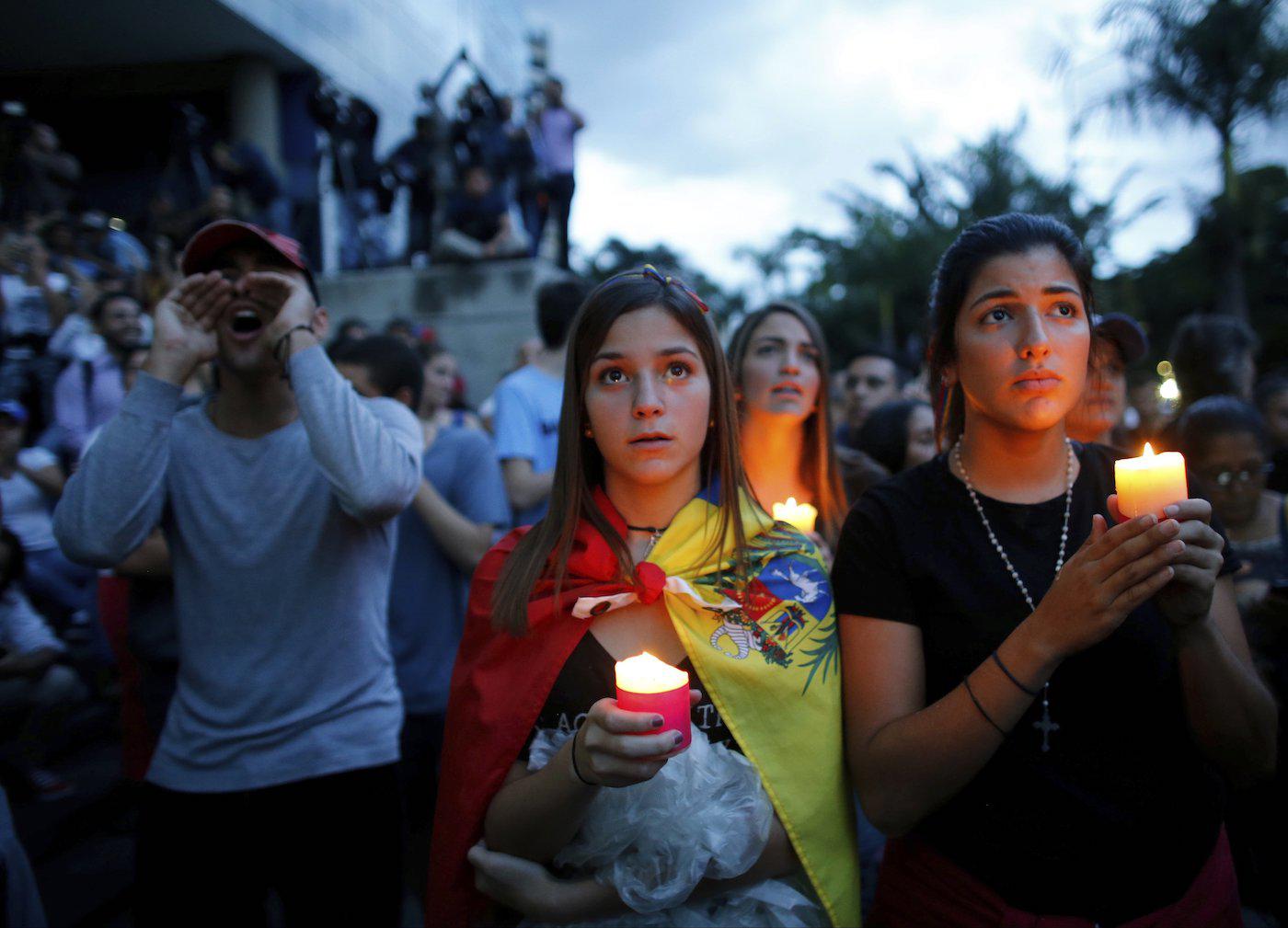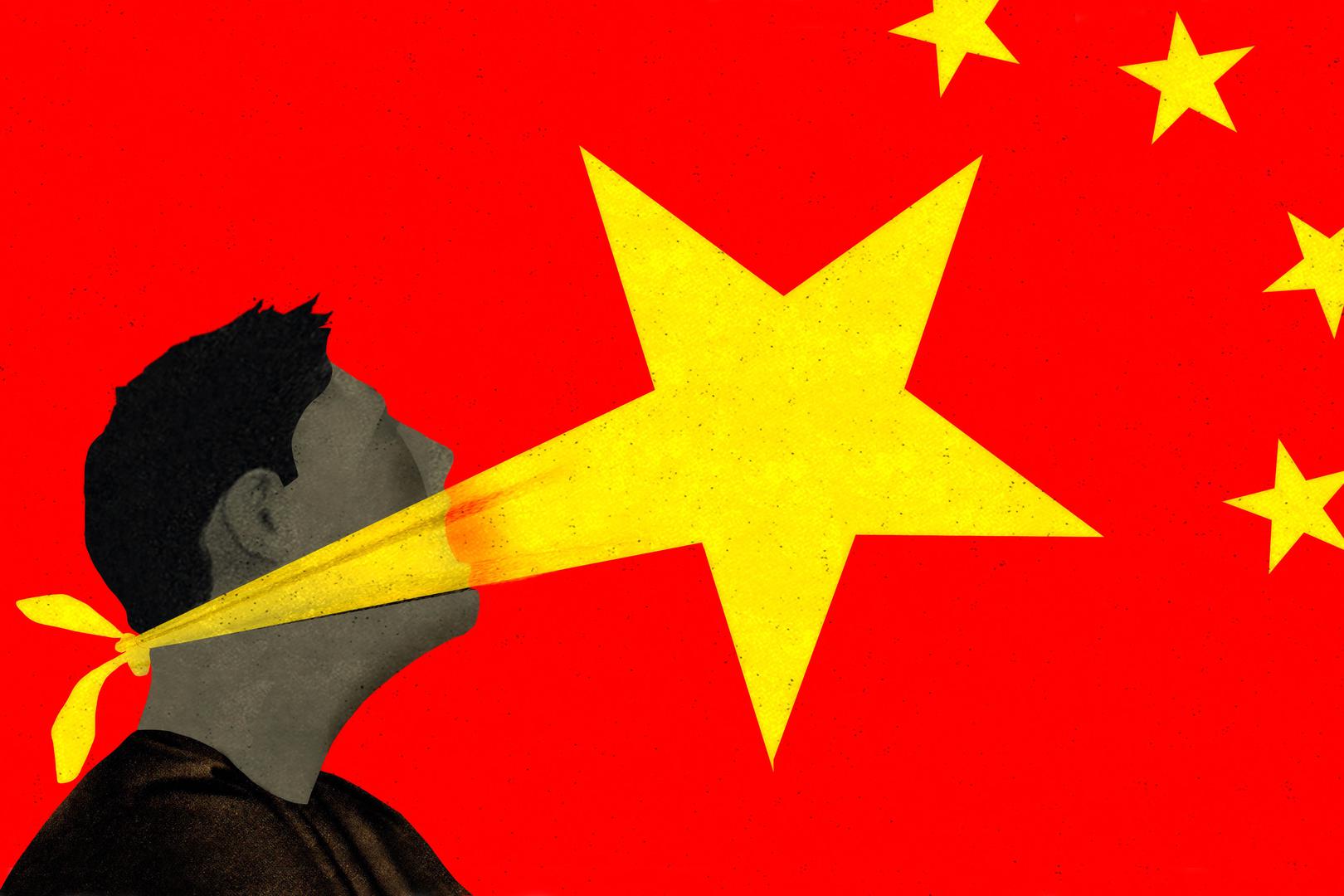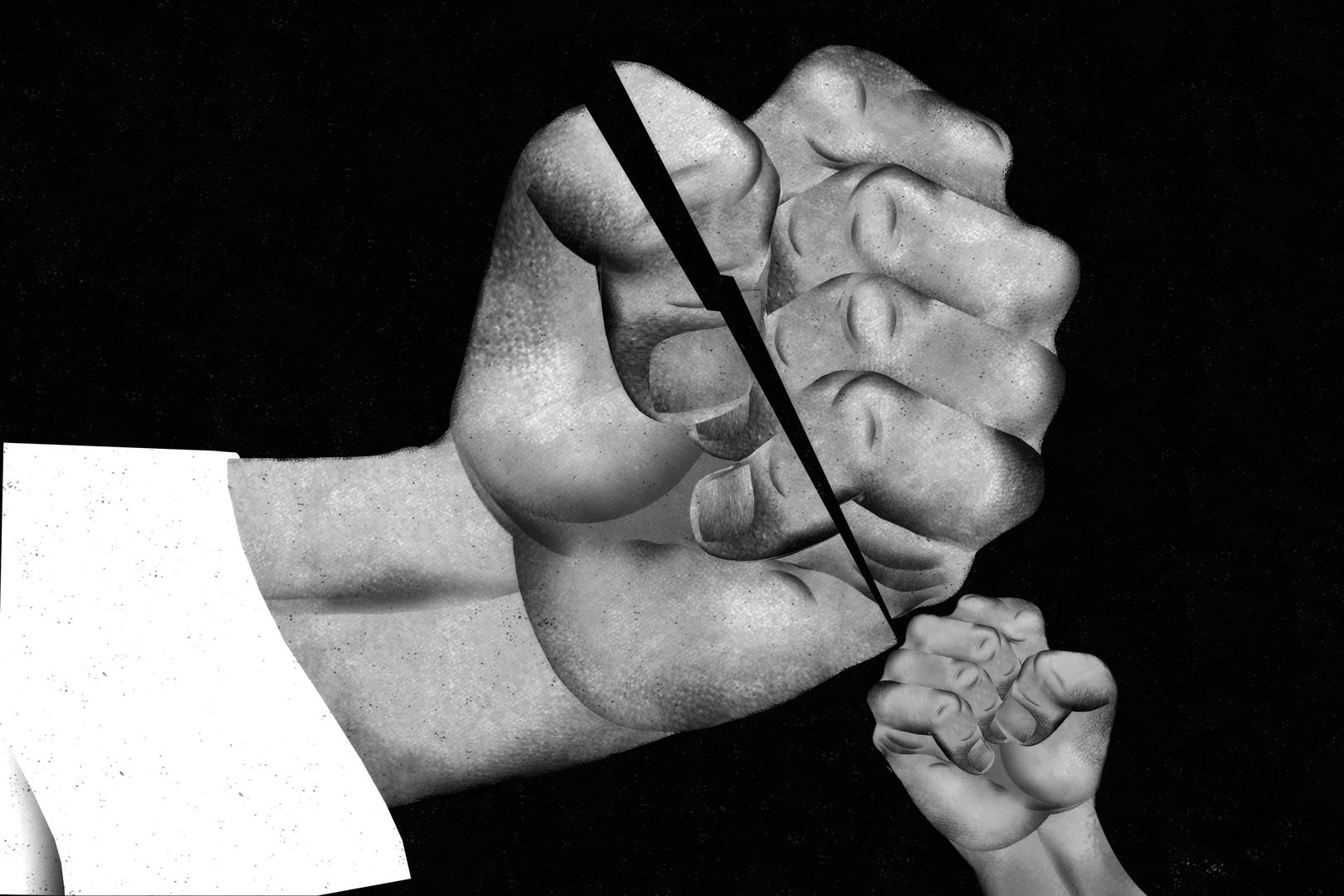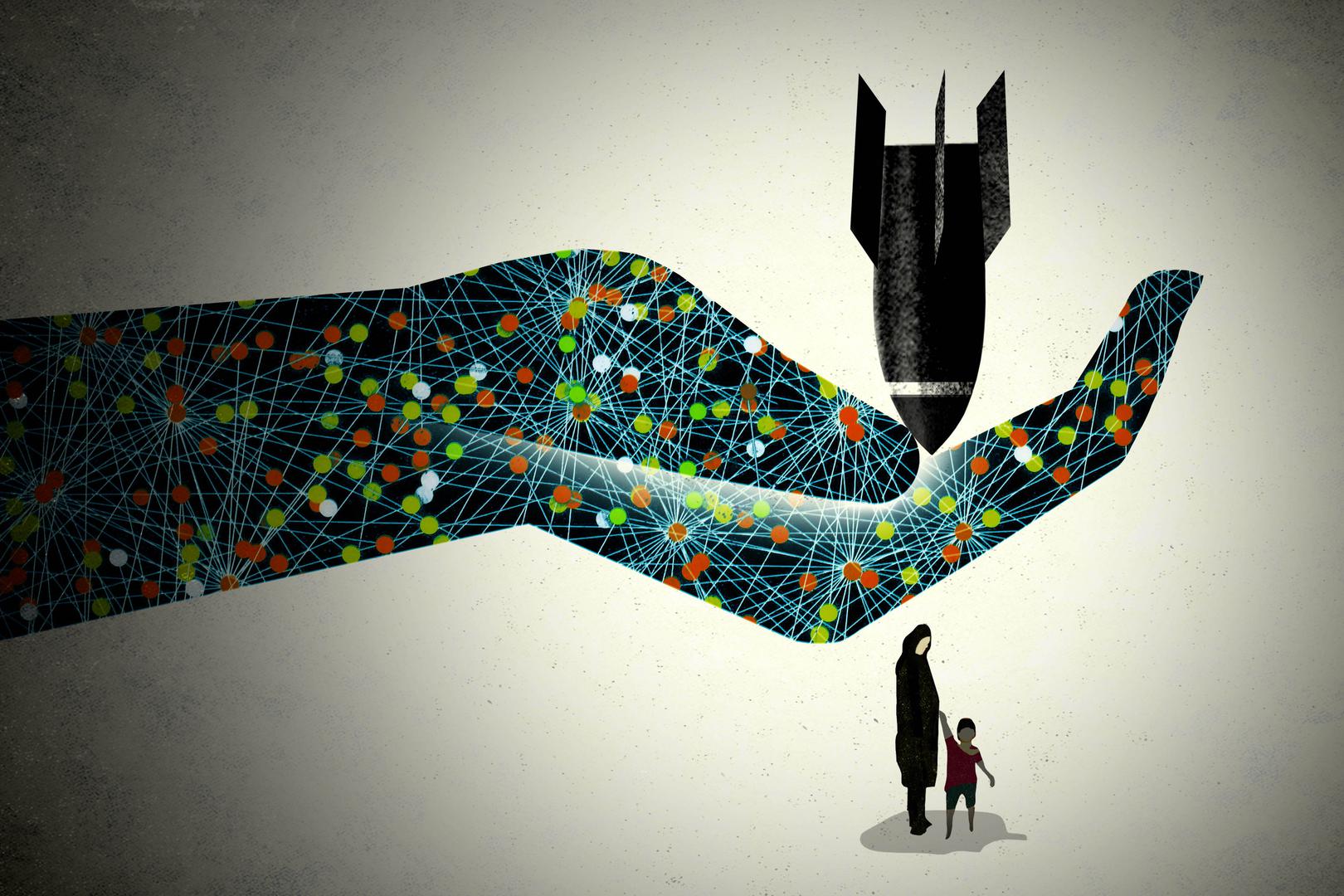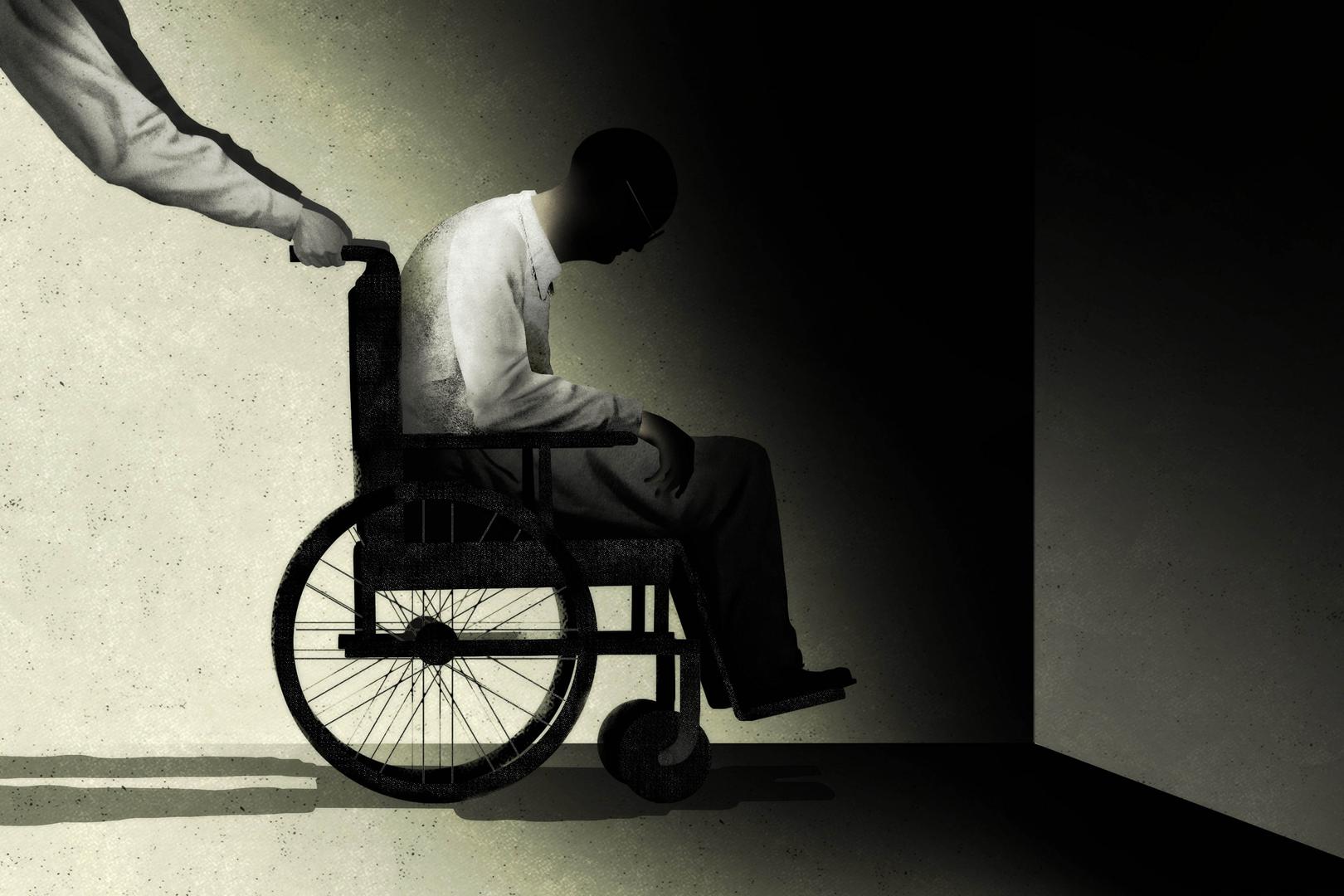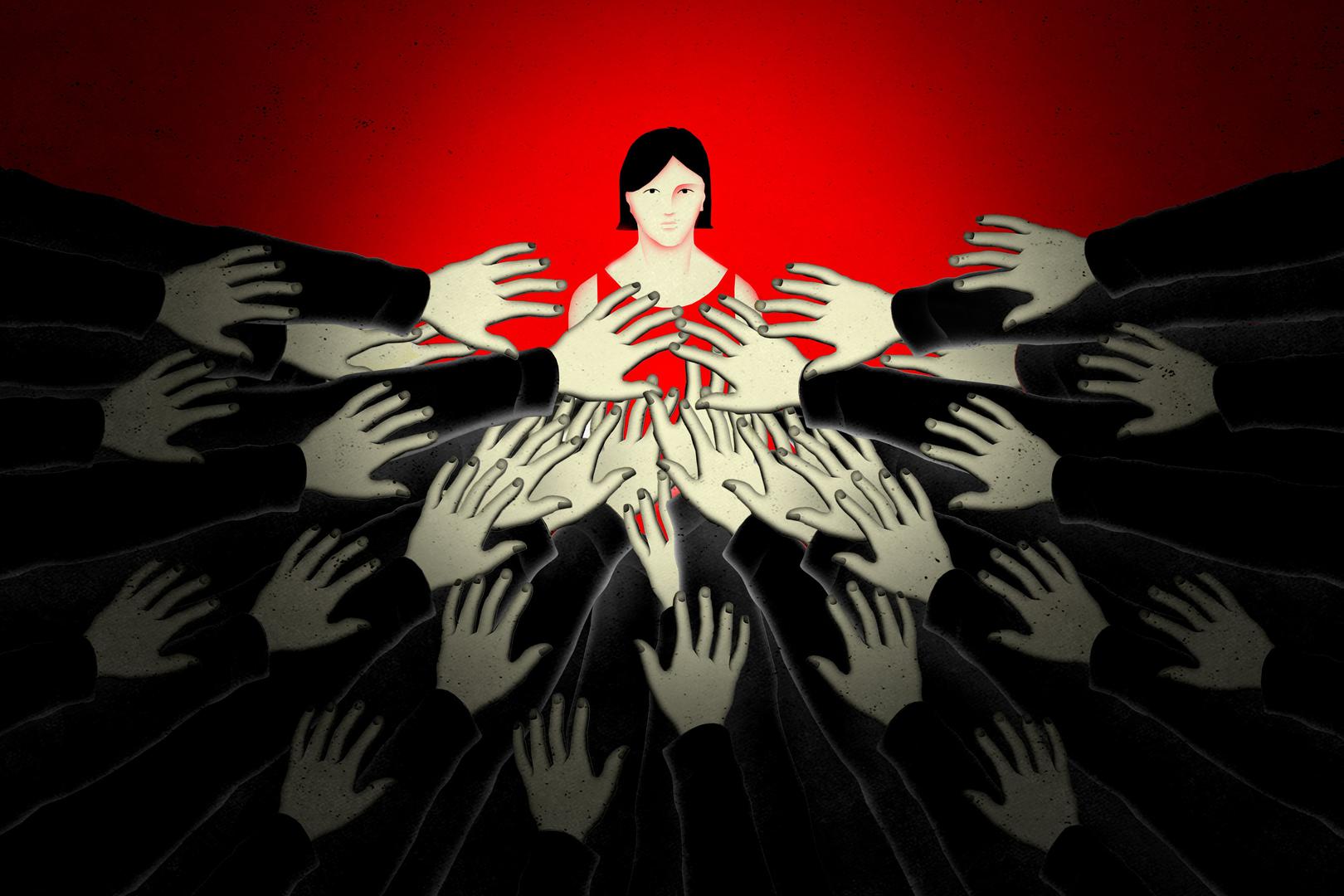Kuwaiti authorities continue to use provisions in the constitution, the national security law, and other legislation to restrict free speech, prosecute dissidents, and stifle political dissent.
In July, Kuwait’s Court of Cassation convicted 16 people and sentenced them to between two to three-and-a-half years in prison with labor for storming parliament during a 2011 protest.
Despite recent reforms, migrant workers do not have adequate legal protections, and remain vulnerable to abuse, forced labor, and deportation for minor infractions.
Kuwait continues to exclude thousands of stateless people, known as Bidun, from full citizenship despite their longstanding roots in Kuwaiti territory.
Unlike many of its Gulf neighbors, Kuwait continues to allow Human Rights Watch access to the country and engages in constructive dialogue with the organization on a range of human rights issues.
Migrant Workers
Two-thirds of Kuwait’s population is comprised of migrant workers, who remain vulnerable to abuse despite recent reforms. In January, the Philippines temporarily banned Filipinos from migrating to Kuwait for work, pending an investigation into the deaths of seven domestic workers. In May, the two countries agreed on additional legal protection for Filipino workers in Kuwait.
In 2015, Kuwait issued a new standard contract for migrant workers, and a 2016 administrative decision allowed some migrant workers to transfer their sponsorship to a new employer after three years of work, without their employer’s consent. However, these reforms do not include migrant domestic workers.
In 2015, the National Assembly passed a law granting domestic workers the right to a weekly day off, 30 days of annual paid leave, a 12-hour working day with rest, and an end-of-service benefit of one month salary for each year of work at the end of the contract, among other rights. In 2016 and 2017, the Interior Ministry passed implementing regulations for the law, and mandated that employers must pay overtime compensation. The ministry also issued a decree establishing a minimum wage of KD60 (US$200) for domestic workers.
Protections for domestic workers are still weaker than those in Kuwait’s labor law. The domestic worker law also falls short by failing to set out enforcement mechanisms, such as inspections of working conditions in households. The law also does not set out sanctions against employers who confiscate passports or fail to provide adequate housing, food, and medical expenses, work breaks, or weekly rest days.
Migrant domestic workers remain vulnerable to abuse and exploitation and can be arrested for “absconding” from an employer largely because of the kafala system, which ties their visas to their employers.
Freedom of Expression
Kuwaiti authorities have invoked several provisions in the constitution, penal code, Printing and Publication Law, Misuse of Telephone Communications and Bugging Devices Law, Public Gatherings Law, and National Unity Law to prosecute journalists, politicians and activists for criticizing the emir, the government, religion, and rulers of neighboring countries in blogs or on Twitter, Facebook, or other social media.
In July, Kuwait’s Court of Cassation convicted 16 people and sentenced them to from two to three-and-a-half years in prison with labor for storming parliament during a 2011 protest.
Prosecutions for protected speech are ongoing in Kuwaiti courts. Kuwaiti officials and activists reported that many, if not most, initial complaints in these cases are filed by individuals, underscoring the need to further amend broadly written or overly vague Kuwaiti laws to ensure adequate protections for speech and expression.
In 2016, Kuwait amended the election law to bar all those convicted for “insulting” God, the prophets, or the emir from running for office or voting in elections. The law is likely to bar some opposition members of parliament from contesting or voting in future elections.
The Cybercrime Law, which went into effect in 2016, includes far-reaching restrictions on internet-based speech, such as prison sentences, and fines for insulting religion, religious figures and the emir.
Treatment of Minorities
Kuwait has a population of about 100,000 stateless persons, known as Bidun, whose predicament dates back to the foundation of the Kuwaiti state.
After an initial registration period for citizenship ended in 1960, authorities shifted Bidun citizenship claims to administrative committees that for decades have avoided resolving the claims. Authorities claim that many Bidun are “illegal residents” who deliberately destroyed evidence of another nationality in order to receive benefits.
Members of the Bidun community have taken to the streets to protest the government’s failure to address their citizenship claims, despite government warnings that Bidun should not gather in public. Article 12 of the 1979 Public Gatherings Law bars non-Kuwaitis from participating in public gatherings.
Terrorism and Security
In 2017, Kuwait’s Constitutional Court found that an overbroad 2015 law that had required all Kuwaiti citizens and residents to provide DNA samples to authorities violated the right to privacy. The law was introduced after the June 2015 suicide bombing of the Imam Sadiq Mosque. Authorities reported to local media at the time that anyone failing to comply with the law would be subject to sanctions, including cancelling their passports and a possible travel ban. In 2016, the United Nations Human Rights Committee found the law imposed “unnecessary and disproportionate restrictions on the right to privacy.”
In May, Kuwaiti authorities arrested and extrajudicially deported dual Qatari-Saudi national Nawaf al-Rasheed, a poet and university student who lives in Qatar, to Saudi Arabia on unclear grounds, ostensibly “under bilateral mutual security arrangements.”
Women’s Rights, Sexual Orientation, and Gender Identity
Kuwaiti personal status law, which applies to Sunni Muslims who make up the majority of Kuwaitis, discriminates against women. For example, some women require a male guardian to conclude their marriage contracts; women must apply to the courts for a divorce on limited grounds, unlike men who can unilaterally divorce their wives; and women can lose custody of their children if they remarry someone outside the former husband’s family. Men can marry up to four wives, without the permission or knowledge of the other wife or wives. A man can prohibit his wife from working if it is deemed to negatively affect the family interests. The rules that apply to Shia Muslims also discriminate against women.
Kuwait has no laws prohibiting domestic violence or marital rape. A 2015 law establishing family courts set up a center to deal with domestic violence cases, but requires the center to prioritize reconciliation over protection for domestic violence survivors. Article 153 of the Kuwaiti penal code stipulates that a man who finds his mother, wife, sister or daughter in the act of adultery and kills them is punished by either a small fine or no more than three years in prison. Article 182 also allows an abductor who uses force, threat or deception with the intention to kill, harm, rape, prostitute, or extort a victim to avoid punishment if he marries the victim with her guardian’s permission. Kuwaiti women married to non-Kuwaitis, unlike Kuwaiti men, cannot pass citizenship to their children or spouses.
Adultery and extramarital intercourse are criminalized, and same-sex relations between men are punishable by up to seven years in prison. Transgender people can be arrested under a 2007 penal code provision that prohibits “imitating the opposite sex in any way.”
Death Penalty
Kuwait maintains the death penalty for non-violent offenses, including drug-related charges. In 2017, it carried out seven executions by hanging, the first executions since 2013. Human Rights Watch has documented due process violations in Kuwait’s criminal justice system that have made it difficult for defendants to get a fair trial, including in capital cases.
Key International Actors
Kuwait joined the Saudi-led coalition that began attacking Houthi forces in Yemen on March 26, 2015, with media reporting that Kuwait had deployed 15 aircraft. Human Rights Watch has documented about 90 apparently unlawful coalition attacks in Yemen, some of which may amount to war crimes, that repeatedly hit markets, schools, and hospitals. The coalition’s investigative mechanism has failed to meet international standards regarding transparency, impartiality, and independence. Kuwait has not responded to Human Rights Watch inquiries regarding what role, if any, it has played in unlawful attacks in Yemen and if it was undertaking investigations into the role its own forces played in any of these attacks.
